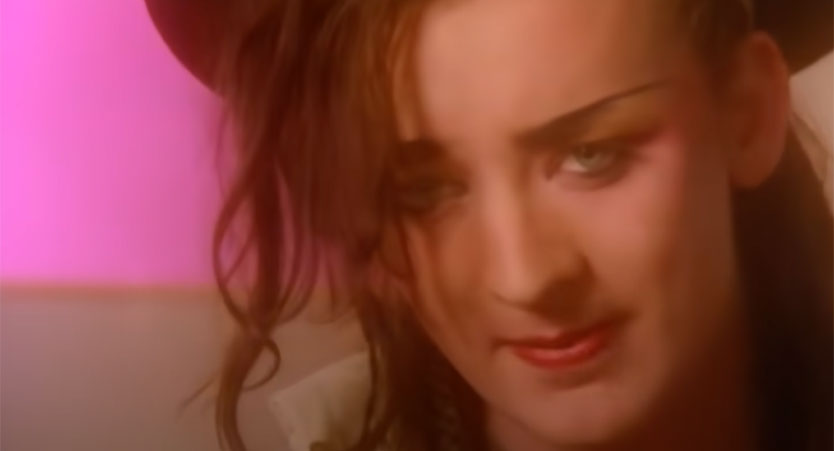Culture Club – Time (Clock of the Heart)
A soulful pop ballad that gave new romanticism real emotional weight
Released on 19 November 1982 in the UK and 29 March 1983 in the U.S., “Time (Clock of the Heart)” was the follow-up to Culture Club’s breakthrough hit Do You Really Want to Hurt Me. If that debut introduced Boy George’s striking style and the band’s genre-blending sound, this single proved there was real depth behind the image. Tender, understated, and emotionally wise, it became one of the band’s most beloved songs.
Originally a non-album single in most regions, “Time” was included on the U.S. edition of their debut album Kissing to Be Clever. And while it didn’t top the charts, it came very close — peaking at No. 2 on the Billboard Hot 100 and No. 3 in the UK, solidifying Culture Club as a global pop force.
Ghosts in the Rearview
At its core, “Time” is about how love lingers long after it’s gone. It’s not angry, it’s not bitter — just quietly aching. Boy George delivers lines like “Time won’t give me time” with a kind of resigned sadness, stretching syllables so that every word hits just a little deeper. It’s a breakup song that isn’t about drama, but about reflection.
The lyrics are deceptively simple but loaded with melancholy. They speak to how time doesn’t heal so much as dull, and how memory — uninvited — keeps knocking on the door.
Velvet and Vapor
The production, handled by Steve Levine, mixes soft soul, new wave, and pop with subtle touches of jazz and Motown. The warm keys, glockenspiel, and gentle guitar shimmer like city lights on wet pavement. Phil Pickett’s piano and Steve Grainger’s saxophone add a velvet texture that wraps around the vocals like smoke.
Boy George’s performance is restrained and honest — more Smokey Robinson than synth-pop prince. He sings as if he’s whispering confessions to a friend, and that vulnerability makes the song stand out even more.
Mirrors and Mugs
The Chris Gabrin–directed video follows Culture Club in a stylish studio setting, with Boy George in full fashion-icon form and subtle storytelling woven throughout. A rotating set, dreamy color palette, and a cameo by backing vocalist Helen Terry build a visual world that’s both down-to-earth and dreamlike.
But beneath the eyeliner and high fashion, there’s a genuine emotional current. “Time” helped cement Culture Club’s identity not just as pop stars, but as cultural disruptors — blending queerness, softness, and romantic realism in a way that few mainstream acts dared.
Gold and Grace
“Time (Clock of the Heart)” was a defining moment for Culture Club — proof they weren’t a novelty or a trend but songwriters with range and emotional insight. It earned Gold certifications in the UK and Canada, and decades later, it’s still heard across soft-rock stations, nostalgic playlists, and emotional mixtapes. Critics often cite it as the band’s most emotionally resonant track — a point where their visual boldness met musical restraint.
Still Ticking
“Time” is that rare ’80s pop single that feels just as relevant today — a slow-burning ballad about memory, longing, and acceptance. It doesn’t beg for attention; it quietly keeps its place in your heart. Amid a sea of synth-driven love songs, this one dared to pause and breathe. And that’s why it lasts.


